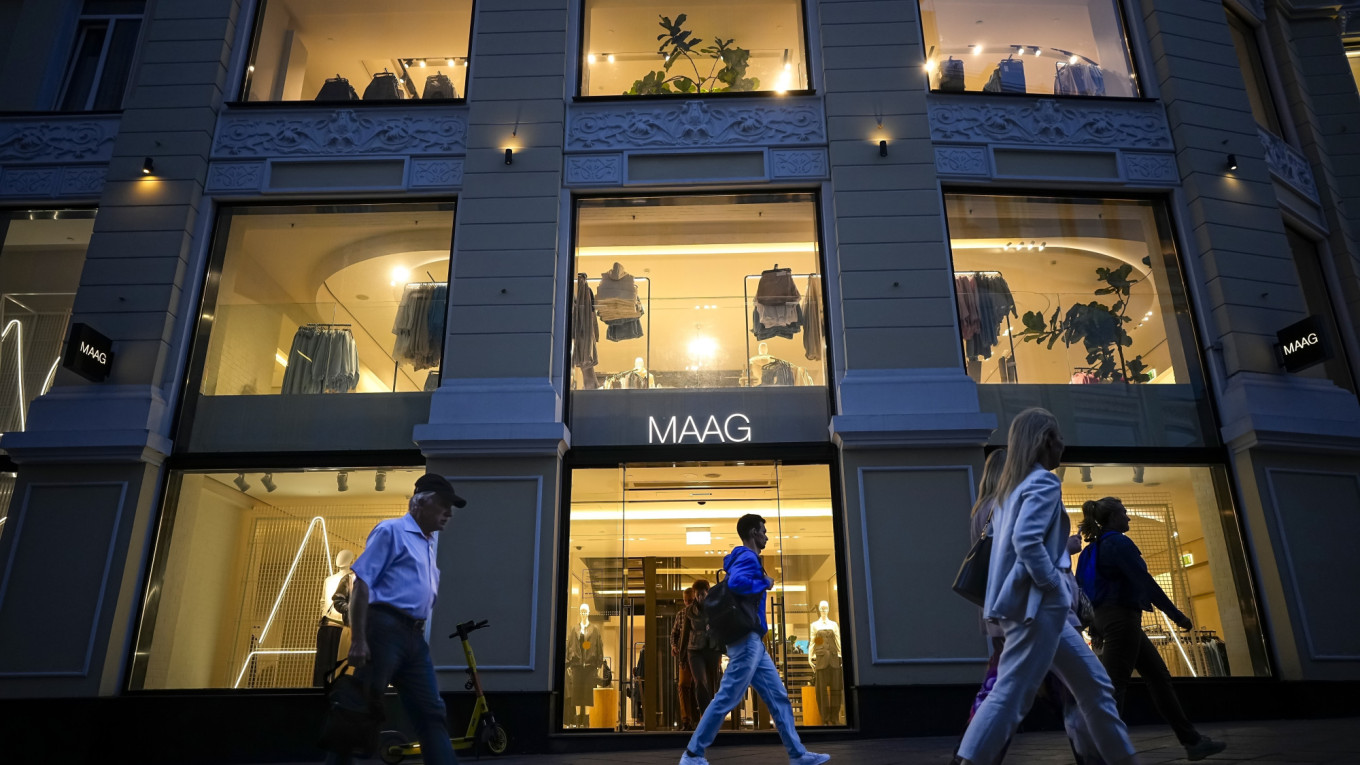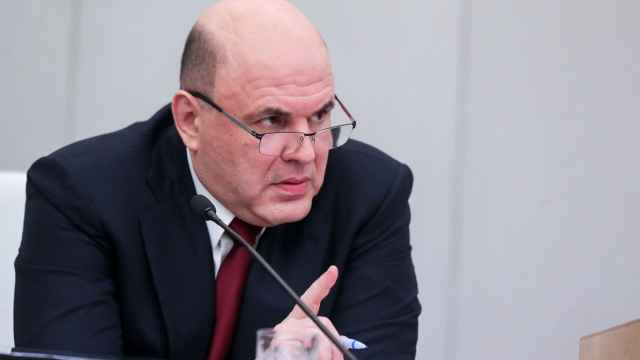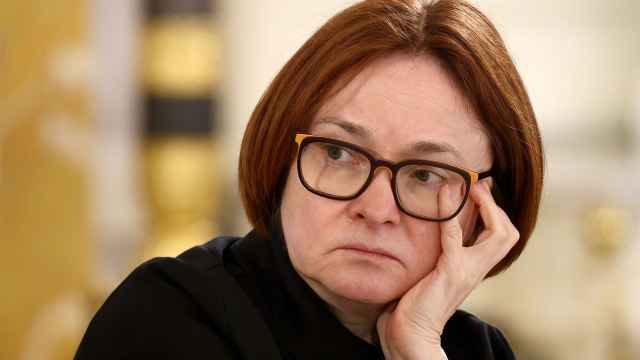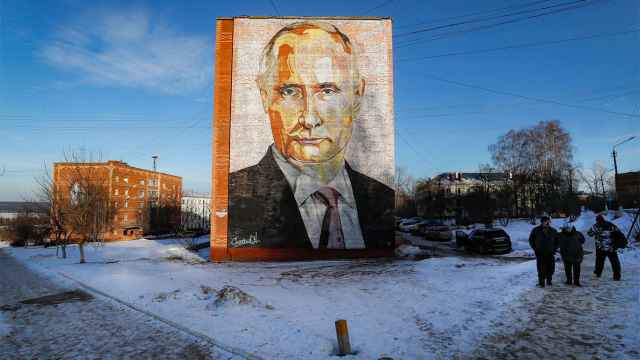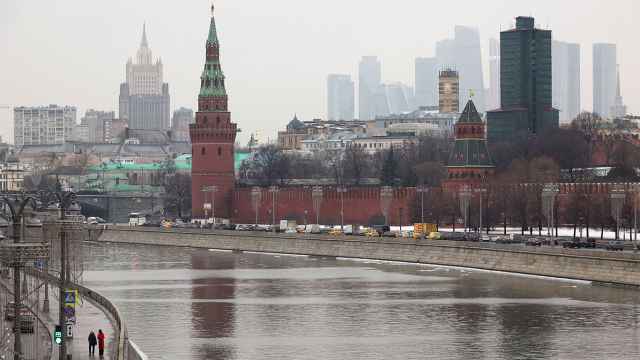The pace of Russia's economic growth slowed in the second quarter of 2024, official data showed Friday, amid concerns over stubborn inflation and warnings of "overheating."
Gross domestic product (GDP) dipped from 5.4% in the first quarter to 4% from April to June, the lowest quarterly result since the start of 2023 but still a sign the economy is expanding.
Inflation meanwhile showed no signs of easing, with consumer prices rising 9.13% year-on-year in July — up from 8.59% in June and the highest figure since February 2023, according to data from the Rosstat statistics agency.
The Kremlin has heavily militarized Russia's economy since sending troops into Ukraine in February 2022, spending huge sums on arms production and on military salaries.
That spending boom has fueled economic growth, helping the Kremlin buck initial predictions of a recession when it was hit with unprecedented Western sanctions in 2022.
But it has sent inflation surging at home, forcing the Central Bank to raise borrowing costs.
'Overheating'
The Central Bank has aggressively raised interest rates in a bid to cool what it has warned is an economy growing at unsustainable rates due to the massive increase in government spending on the Ukraine offensive.
The bank raised its key interest rate to 18% last month — the highest level since an emergency hike in February 2022 took it to 20%.
The bank's Governor Elvira Nabiullina said the economy was showing signs of "overheating" and pointed to difficulties with international payments — an effect of Western sanctions — as another factor driving up inflation.
Russia is set to spend almost nine percent of its GDP on defense and security this year, a figure unprecedented since the Soviet era, according to President Vladimir Putin.
Moscow's federal budget has meanwhile jumped almost 50% over the last three years — from 24.8 trillion rubles in 2021, before the Ukraine offensive, to a planned 36.6 trillion rubles ($427 billion) this year.
Since so much spending is being directed by the state, which is less responsive to higher borrowing costs, analysts fear interest rate rises may not be an effective tool against inflation.
Consumer prices are a sensitive topic in Russia, where many people have virtually no savings and memories of hyperinflation and economic instability run deep.
A Message from The Moscow Times:
Dear readers,
We are facing unprecedented challenges. Russia's Prosecutor General's Office has designated The Moscow Times as an "undesirable" organization, criminalizing our work and putting our staff at risk of prosecution. This follows our earlier unjust labeling as a "foreign agent."
These actions are direct attempts to silence independent journalism in Russia. The authorities claim our work "discredits the decisions of the Russian leadership." We see things differently: we strive to provide accurate, unbiased reporting on Russia.
We, the journalists of The Moscow Times, refuse to be silenced. But to continue our work, we need your help.
Your support, no matter how small, makes a world of difference. If you can, please support us monthly starting from just $2. It's quick to set up, and every contribution makes a significant impact.
By supporting The Moscow Times, you're defending open, independent journalism in the face of repression. Thank you for standing with us.
Remind me later.


